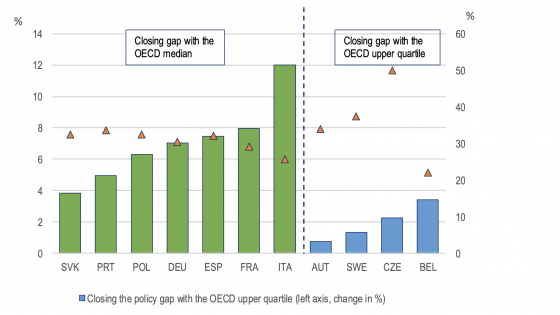DP8123 Rural-Urban Migration and Unemployment: Theory and Policy Implications
We develop a regional model where, in the city, unemployment prevails because of too high (efficiency) wages, while, in the rural area, workers are paid at their marginal productivity. We characterize the steady-state equilibrium and show that it is unique. We then consider two policies: decreasing urban unemployment benefits and subsidizing urban employment. We find that decreasing the unemployment benefit in the city creates urban jobs and reduces rural-urban migration since new migrants have to spend some time unemployed before they can find a job in the city. On the other hand, raising employment subsidies increases urban employment but may also increase urban unemployment because it triggers more rural-urban migration. In this respect, the employment subsidy policy can backfire by raising rather than reducing urban unemployment.

